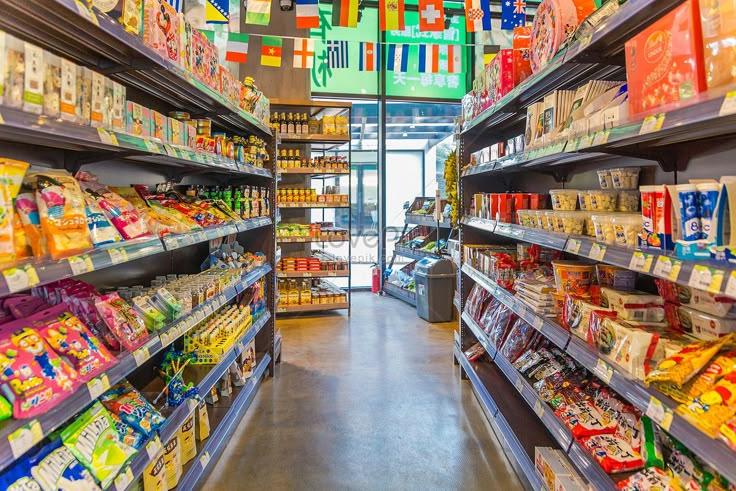Physical Address
304 North Cardinal St.
Dorchester Center, MA 02124
Physical Address
304 North Cardinal St.
Dorchester Center, MA 02124


Saving money on groceries in Singapore doesn’t mean cutting meals or eating maggi every night. I’ve been living on a tight budget and still eating well. Along the way, I learned the hidden ways supermarkets trick us into spending more. Today, I’ll share 10 real tips that work for me — and a few secret tricks to help you fight back and really save money on groceries.
Set a limit. Mine started at $50 per week, now I float between $60–$70 comfortably. This budget keeps me focused. Supermarkets are designed to make you overspend — so your budget is your shield.
Fun Fact: Research shows people who use cash or pre-paid cards spend up to 20% less than those tapping credit cards. Why? Because it hurts more to part with real money.
Instead of asking what do I feel like eating?, I ask what can I make with what I already have? Then I fill in the gaps with a simple list.
Pro Tip: Plan 2 “empty fridge” days each week. That’s when you use up leftovers or get creative with scraps — it helps save money on groceries and reduce food waste.
Supermarkets are sneaky:
Hack: Look at the bottom or top shelves for cheaper house-brand options. They taste almost the same but cost way less.

I rotate between:
Note: Avoid mini-marts and convenience stores unless it’s urgent — their prices can be 20–30% higher.
iStacking Trick: I once bought discounted items, used a credit card offer, and earned LinkPoints all in one purchase. Saved $7.20 on just $30 of groceries.
FairPrice, Meadows, and Sheng Siong brands are my go-tos. Pasta, sauces, rice, biscuits – all way cheaper, and honestly, just as good.
Why this works: Most house brands are made by the same manufacturers as famous brands – just in different packaging. You’re paying for marketing, not quality.
I batch-cook once a week. A curry, a stir-fry, boiled eggs, and some soup. I freeze half. I mix and match meals with rice or noodles to keep it interesting.
Extra tip: Freeze in flat layers in ziplock bags — they stack better and thaw faster.

I make fried rice from leftover veggies. Stews from old chicken bones. I even blend fruit that’s going soft into smoothies.
Inspiration: I follow the “Eat Your Pantry” challenge monthly – where I force myself to finish all frozen or stored food before buying more.
There’s science behind this: when you’re hungry, you’re more likely to buy high-calorie, expensive snacks. I always eat before shopping, and I avoid browsing — I’m in and out.
Fact: A Cornell University study showed people spent up to 25% more when shopping hungry. Yikes!
I only bulk-buy non-perishables: rice, oil, toilet rolls, detergent. I skip snacks or things I’ll overeat if they’re just lying around.
Buy smart: Watch for unit prices on labels. Sometimes, bigger packs look cheaper but aren’t.
Here’s how supermarkets play with your brain (and wallet):
Now that you know, don’t fall for it.
You can totally save money on groceries in Singapore without going hungry. It’s not about suffering or skipping meals. It’s about shopping smart, cooking smart, and knowing how the system works.
Once you get into the flow, it becomes second nature. And when you see your monthly savings grow? It’s addictive – in a good way.